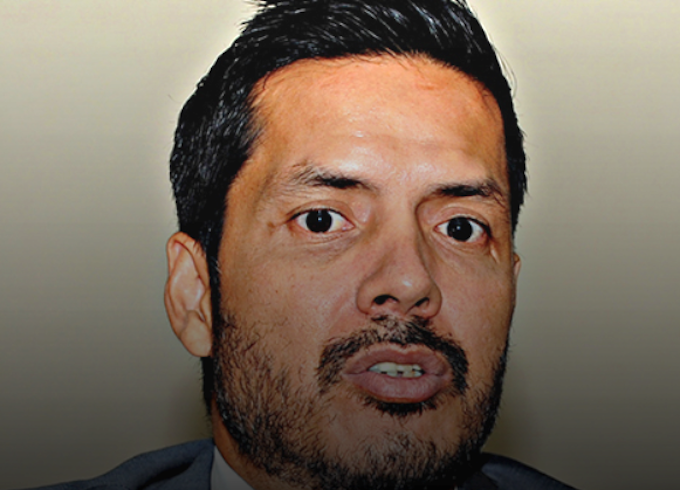Papua New Guinea’s Justice Minister Bryan Kramer has confirmed that he has ordered his department — Justice and the Attorney-General (DJAG) — to investigate a complaint against the National Judicial Staff Service (NJSS) hiring highly paid overseas consultants.
Their wages are paid in Australian dollars and deposited in overseas accounts.
Kramer made this statement on the floor of Parliament when answering a series of questions from shadow attorney-general and Rabaul MP Dr Allan Marat during question time.
Dr Marat had asked what the status of the investigations are?
Were there breaches of the relevant laws, and why they are paid in Australian dollars and their salaries paid in overseas accounts?
Kramer said this initial complaint came via a written complaint as chairman of Judicial Legal Commission concerning contracts that were recently awarded within the judiciary to overseas consultants.
The complaint, he said, had a report attached that raised specific issues of amount of money being paid, to foreign contractors and payments being made overseas.
investigations are ongoing
The investigations are not complete and are ongoing.
Once complete a decision would be made about course of action would be taken, Kramer said.
“On the issues of public service it is important to note that these contracts were paid for private consultancy services so won’t fall [under] the regulation of public service,” he said.
Kramer explained that there was a query raised with the State Solicitor to seek clearance concerning whether or not these contracts were complied with legally and lawfully under the procurement processes.
“And the advice I understand provided by the State Solicitor is that, they exceeded the threshold within the jurisdiction of the judicial services to execute these contracts and provided an advice [on] whether to re-negotiate the contracts down to the threshold or to call for public tender on those contracts.”
He added that the concern was over the manner in which the contracts had been approved and the amounts involved in the contracts.
“There are specialised skills or experts around the globe that the state may engage from time to time — be it in oil and gas, and in any new legislative areas like in carbon credits,” Kramer said.
Significant fee
“These experts will attract a significant fee but justification will be on a short term contract where they may apply to come on a three to six month to provide that expert opinion and advice.
“These contracts were extended over a period of, I think 8 to 9 years,” he said.
“That’s another contentious issue that we are looking at.”
- What was the justification;
- What were the terms of reference for engagement of these contracts;
- What were the specific outcomes of these contracts;
- Why were they continually renewed — is it necessary to renew?;
- Why were they not advertised for Papua New Guinean experts or other experts, like under the European Union (EU); or
- Why did we not engage these consultants under the existing EU [arrangements] where they pay for the contracts and we don’t have to meet the costs.”
Kramer concluded that once the investigations were completed and if it was confirmed that there was non-compliance with legislative procedures, then a decision would be made by DJAG to terminate these contracts.
Republished with permission from the PNG Post-Courier.












































